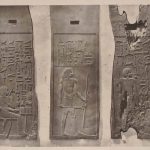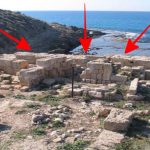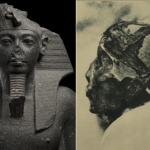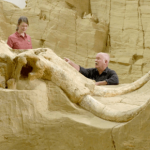Analyzing the Celsus Library’s Development: From Ancient Ephesus to the Present

The Celsus Library, a marvel of ancient architecture, stands as a testament to the enduring legacy of intellectual pursuit and scholarly endeavor. Located in the ancient city of Ephesus, in what is now modern-day Turkey, this magnificent structure was built by Gaius Julius Aquila in honor of his father, Gaius Julius Celsus Polemaeanus, in AD 117-120. Over the centuries, the library has weathered the passage of time, witnessing the rise and fall of empires, and today, it stands as a symbol of the enduring power of knowledge and education.
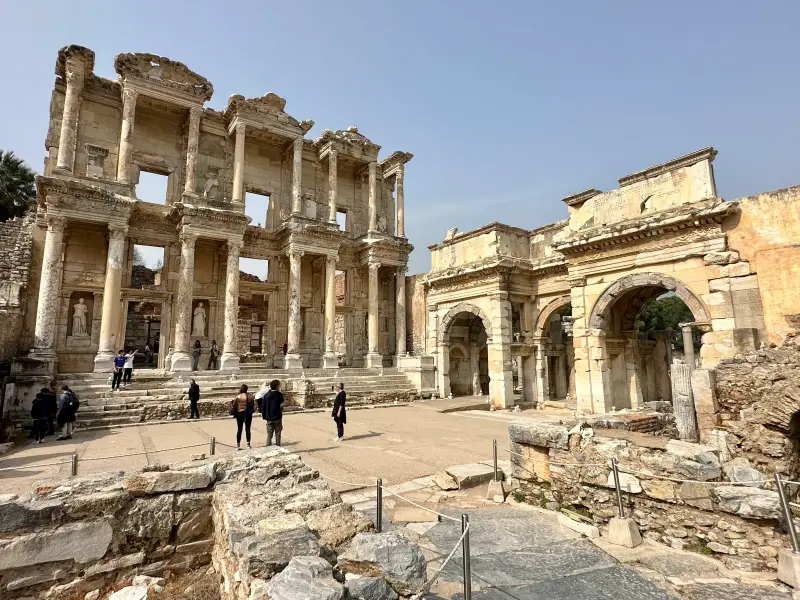
Constructed during the height of the Roman Empire, the Celsus Library was a center of learning and scholarship in the ancient world. Its imposing façade, adorned with intricate carvings and statues, was a testament to the wealth and sophistication of Ephesian society. Inside, the library housed thousands of scrolls and manuscripts, making it one of the largest repositories of knowledge in the ancient world. Scholars from far and wide traveled to Ephesus to study in its halls, and the library became a symbol of intellectual achievement and cultural excellence.
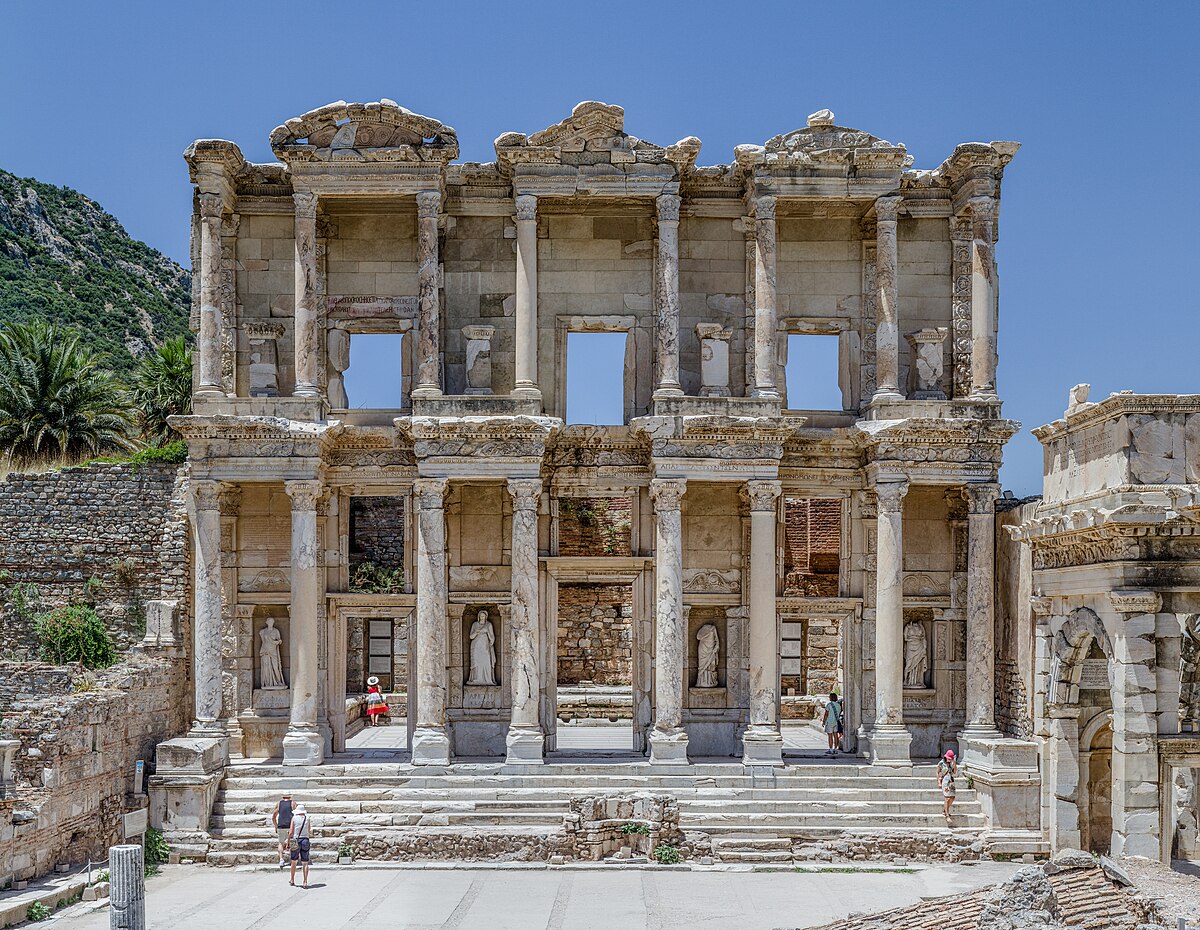
Despite its prominence in antiquity, the Celsus Library fell into disrepair following the decline of the Roman Empire. Over the centuries, earthquakes, wars, and neglect took their toll on the once-magnificent structure, and by the Middle Ages, little remained of its former glory. However, the legacy of the Celsus Library endured, and efforts to preserve and restore the site began in the 19th century.
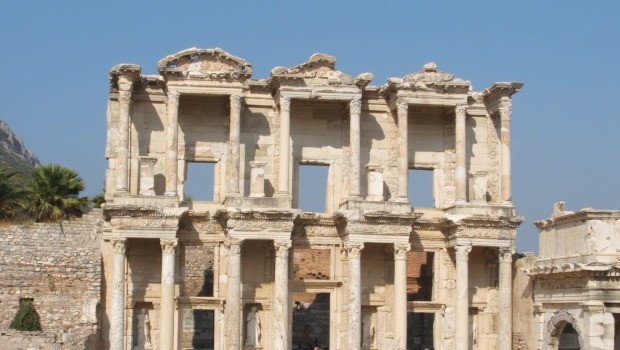
Today, visitors to Ephesus have the opportunity to witness the remarkable restoration of the Celsus Library and experience its grandeur once more. While the library may never again house the vast collection of scrolls and manuscripts that it did in ancient times, its restored façade stands as a testament to the enduring value of knowledge and the importance of preserving our cultural heritage. The Celsus Library serves as a reminder of the power of education to transcend time and space, connecting us to the wisdom of the past and inspiring future generations to continue the quest for knowledge and understanding.
As we reflect on the legacy of the Celsus Library, we are reminded of the timeless relevance of its mission. In an age of rapid technological advancement and cultural change, the pursuit of knowledge remains as vital as ever. The Celsus Library stands as a beacon of enlightenment, guiding us on our journey of discovery and inspiring us to reach ever greater heights of intellectual achievement. And as we gaze upon its restored façade, we are reminded of the enduring power of the human spirit to overcome adversity and create something truly magnificent.

